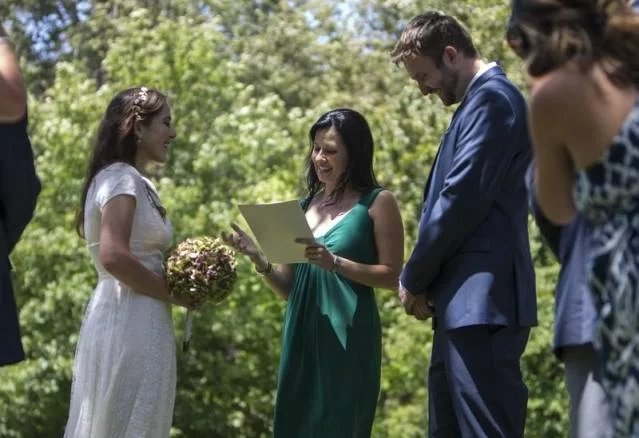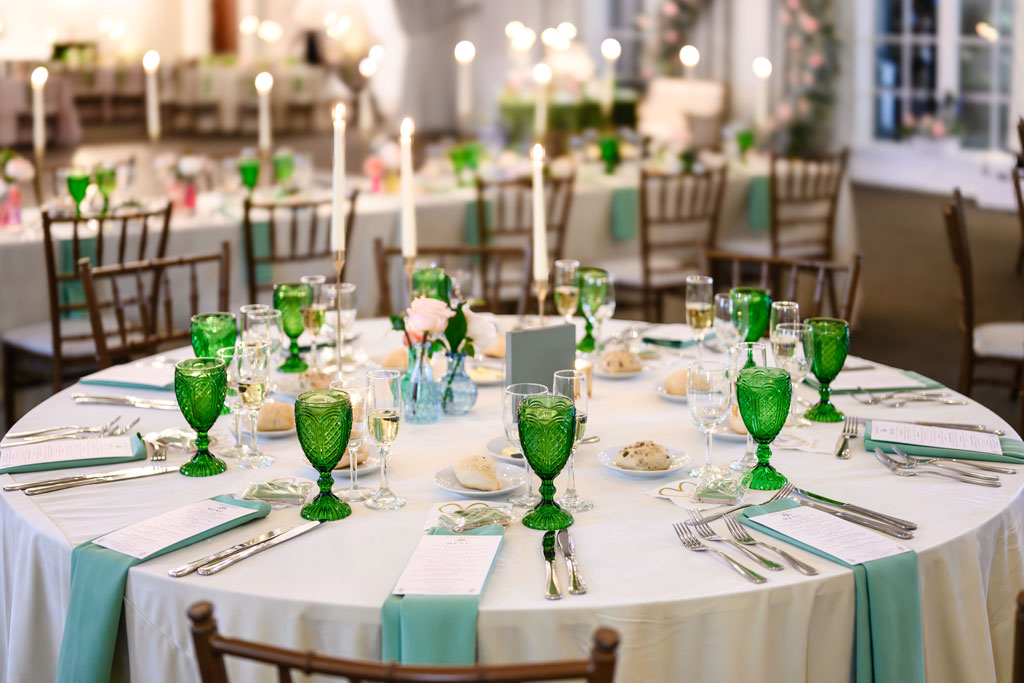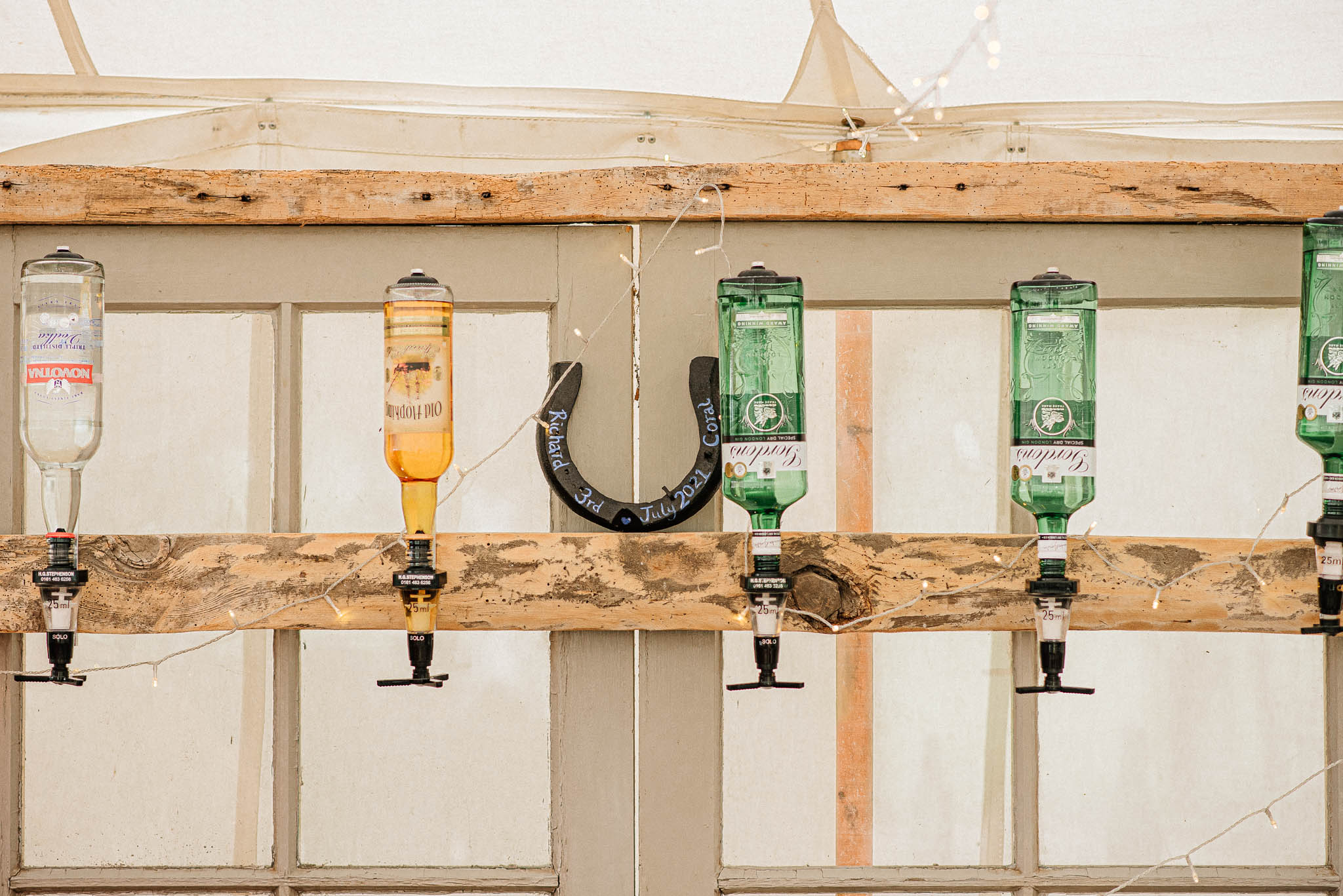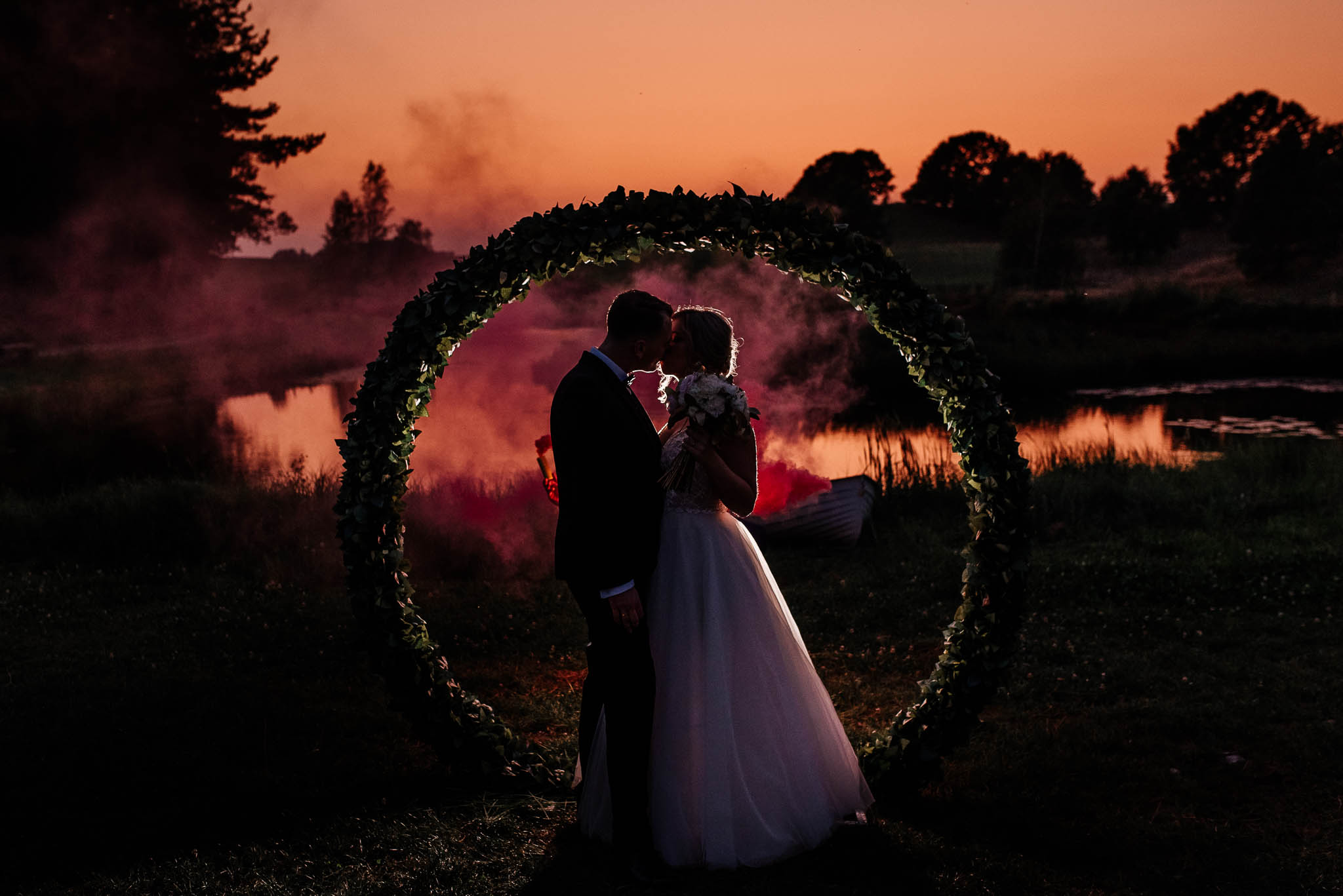A wedding officiant is the person who oversees the marriage ceremony. The officiant’s job is to make sure that the ceremony complies with all applicable laws and that it follows the wishes of the couple getting married.
It’s important to have a conversation with your officiant prior to your wedding, both to make sure they’re the right fit for you and because there are some questions you’ll want answered before you sign on. We’ve connected with Maria, a wedding officiant in Naples FL, to bring you some of the most important questions you should ask your wedding officiant:

1. Tell me the role of wedding officiant?
A wedding officiant’s role is to lead the couple through the ceremony. Officiants are legally responsible for making sure that the couple’s marriage license is filed and recorded, and for helping to ensure that everyone else involved in the wedding – the witnesses, clergy, musicians, and so on. The officiant has a special connection to the couple’s marriage; it’s their job to make sure it gets off on the right foot by guiding both parties through what can be a very emotionally charged process.
2. Do you customize the ceremony for each couple?
The officiant should have a good idea of what kind of ceremony a couple wants in order to perform it successfully. Many officiants have pre-written ceremonies that they can customize depending on a couple’s wishes. Some will also write an entirely custom ceremony based on what the bride and groom want out of their big day. It’s important to be clear about your vision for your ceremony with your officiant, as well as any specific requirements you might have (like religious affiliation or whether or not you want children present).
3. How many weddings have you officiated?
An experienced officiant will be familiar with your state’s requirements for getting a marriage license and performing the ceremony, as well as with the legalities of conducting a wedding ceremony. Ideally, you’ll want someone who has presided over multiple weddings, so they have experience working with different types of people. They should also have experience performing ceremonies in your area, so they can give you an idea of what to expect on wedding day, what weather is typically like, how the angles of light will affect photos taken at certain times of day, whether there are particular regional customs that may affect how you’re announced and pronounced husband and wife, etc.
4. Can we customize our vows?
One of the best parts about getting married is that it can be an opportunity to do something you’ve always dreamed of, from the most elaborate, over-the-top celebration to a more intimate day in front of just a few close friends. Customised wedding vows can really make your wedding ceremony unique and showcase your individualities.
5. Are you able to travel to my venue?
If your wedding is going to be far away from where you live, it’s important that you find an officiant who can make the trip. This can get pricey if the wedding itself has a lot of traveling expenses (e.g., if it’s taking place in an area that requires a ferry or a plane ticket), so make sure you discuss this with your partner before making any final decisions about who will officiate at your wedding.
6. How much do you charge?
Be upfront about how much money you have budgeted for the ceremony. Most importantly, determine up front what kind of payment plan, if any, they offer. Keep in mind that some may require payment upfront, while others may want something put down but allow payments until close to the wedding date.
7. Do you have a portfolio of past weddings you have done?
It is always nice to see examples of work from the particular place or venue. It probably wouldn’t be a determining factor when choosing a wedding officiant but seeing previous weddings can give you an idea of what to expect and what your ceremony will look like.
8. How long does a wedding take?
Each ceremony is different and depending on your vows, any additional readings and the legalities, it can really vary. An experienced officiant will tell you what to expect so that you can move on to plan your wedding day timeline.



